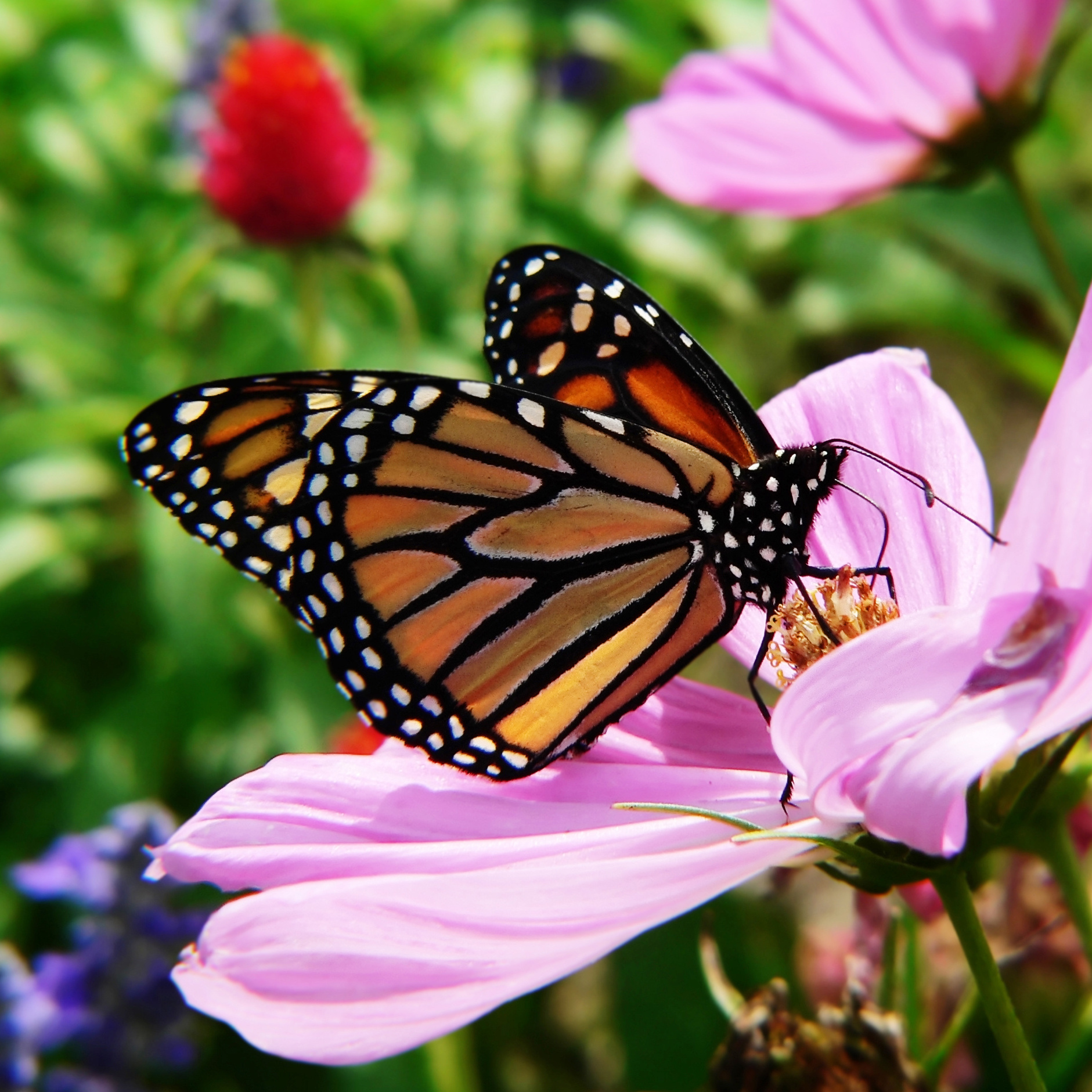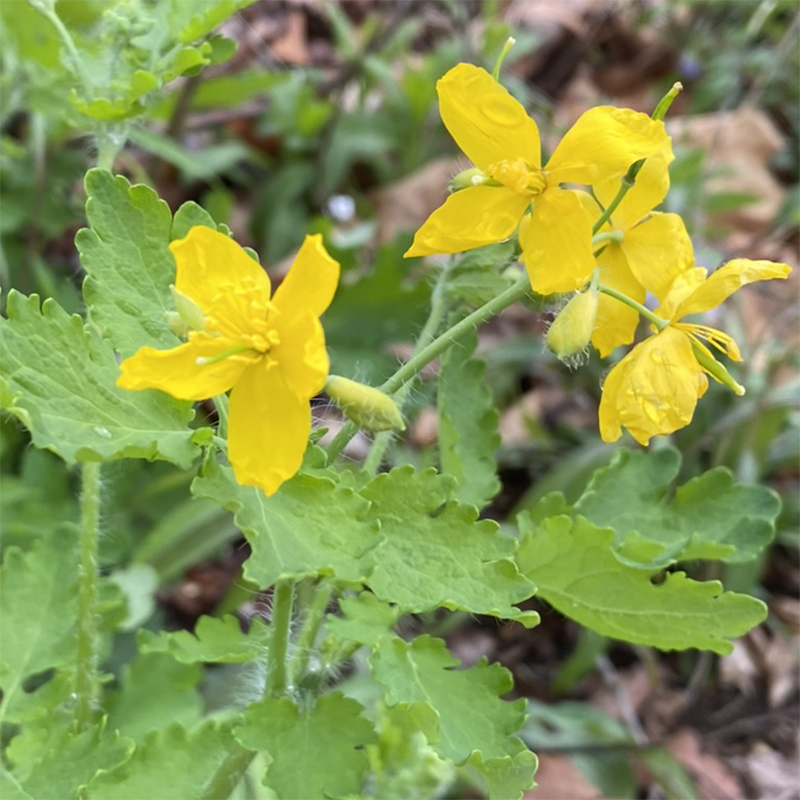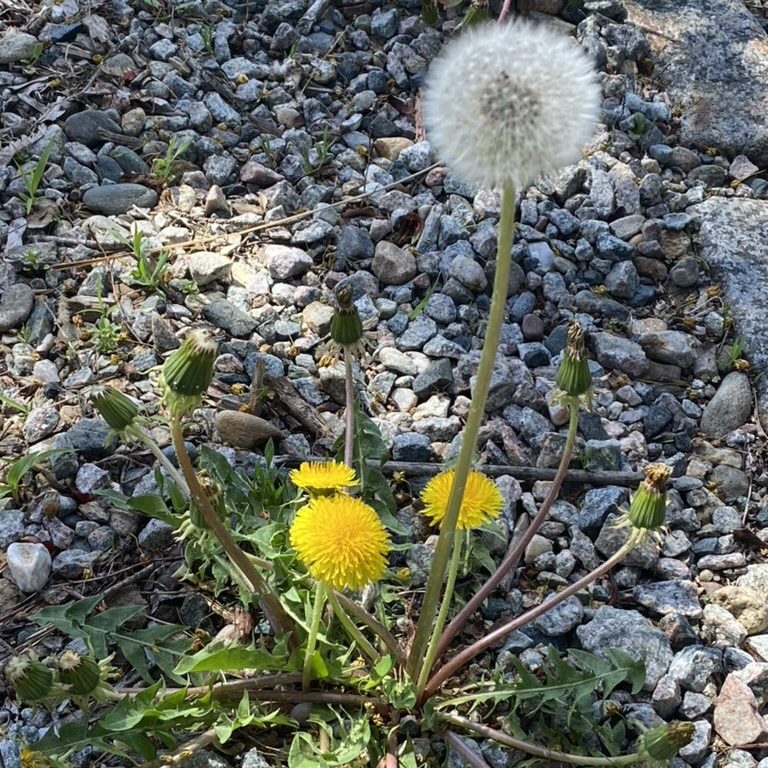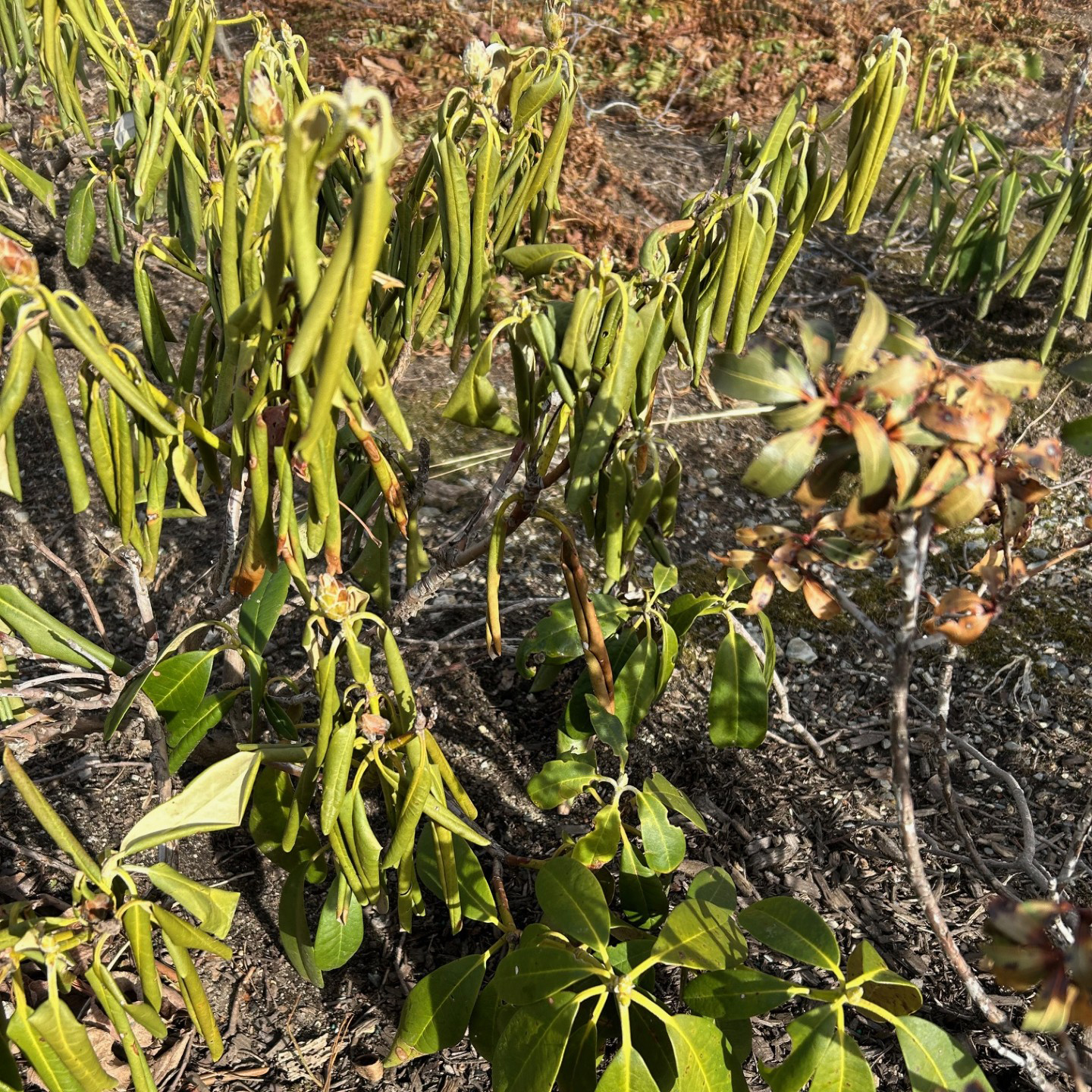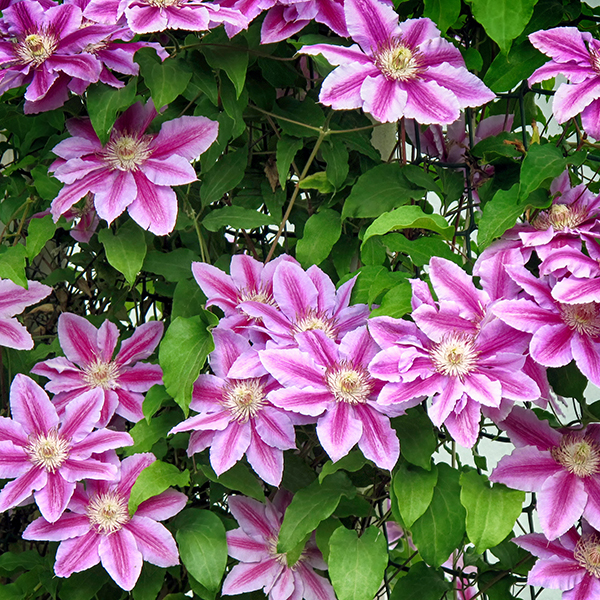
Does a section in your yard need greenery, but your space is so limited that you don’t even have room for a narrow planting? Do you have a disagreeable view that needs screening where an ordinary fence is inappropriate? Or a dreary-looking wall or barrier crying-out for something more imaginative to improve its appearance? Then you might consider using a vine as an alternative—vines grow vertically, reaching out for the light, effectively creating walls or canopies of beauty while requiring minimal ground space; vines are practical, fast-growing space-savers that are particularly economical budget-wise.
Lots of tender and tropical vines are fine for seasonal use during warm weather, but not all vines are sufficiently winter-hardy to thrive in this region. Climate-tolerant vines tend to be an underappreciated group of plants in this region, and that’s why the Cary Award, now in its 18th year, is recognizing three outstanding choices. The Cary Award Brand is bestowed only on selected “foolproof” woody plants deemed by this region’s foremost plant experts to be particularly well suited to New England’s climate and soil conditions, resistant to pests and diseases, attractive in more than a single season and readily available at garden centers.
‘Arctic Beauty’ Hardy Kiwi (Actinidia kolomikta) is a vigorous deciduous vine, native to eastern Russia, rapidly twining skyward to reach 20 ft. or more in full sun or light shade. Stems and branches wind around themselves and require strong support. Its heart-shaped 3-5” wide leaves emerge purple-toned in spring, some becoming bright green with tips splashed white, turning pink in early summer, displaying best foliage color with brighter light. Fragrant, inch-wide cup-shaped white flowers tend to be concealed by the foliage; mature female plants sometimes produce grape-size, oval-shaped fruit that are more smooth-skinned and tart-tasting than the more familiar grocery-store kiwi-fruit “sisters”.
Clematis ‘Betty Corning’ is a dainty, rambling vine that can twine 6 to 8 ft. when appropriately supported. Lightly-fragrant bells of lavender-blue emerge in June on wiry stems and continue opening intermittently on new shoots all summer, also attractive as a long-lasting cut-flower in a vase. All clematis prefer sunny locations with their lower stems shaded from direct sunlight. Removing last year’s tangled stems in early spring and pruning back to a strong set of buds, this is an easy-maintenance vine. Help it get started upward by attaching to a trellis, or simply let its branches scramble through a nearby shrub.
American Wisteria (Wisteria frutescens) is a well-mannered, less-aggressive alternative to other Wisteria species, climbing to less than 2/3 their size, producing flowers at a younger age with reduced root-suckering. Native to stream banks of the southeastern USA, it reaches for the sky by twisting its branches around each other and any close-by support. A profusion of tight, fist-size clusters of pea-like flowers with gentle fragrance appear in late spring on new wood, sometimes re-blooming in summer. Fuzzy, bean-like seed pods turn smooth and brown when mature, twisting open in late fall or winter to release small round seeds (which are poisonous). Several cultivars are available in garden centers with lilac-blue (‘Amethyst Falls’) or white (‘Nivea’) flowers. This is a versatile vine, suitable for smaller gardens, with shiny, dark green compound leaves; it thrives in normal soils and is well adapted for growing in a container.
Wayne Mezitt is a 3rd generation nurseryman, a Massachusetts Certified Horticulturist, now chairman of Weston Nurseries of Hopkinton, Chelmsford & Hingham MA, and owner of “Hort-Sense”, a horticultural advisory business. He currently serves in various capacities on several horticulturally-related organizations, including the Massachusetts Horticultural Society at The Gardens at Elm Bank in Wellesley MA, and chairman for the Massachusetts Invasive Plant Advisory Group (MIPAG).


